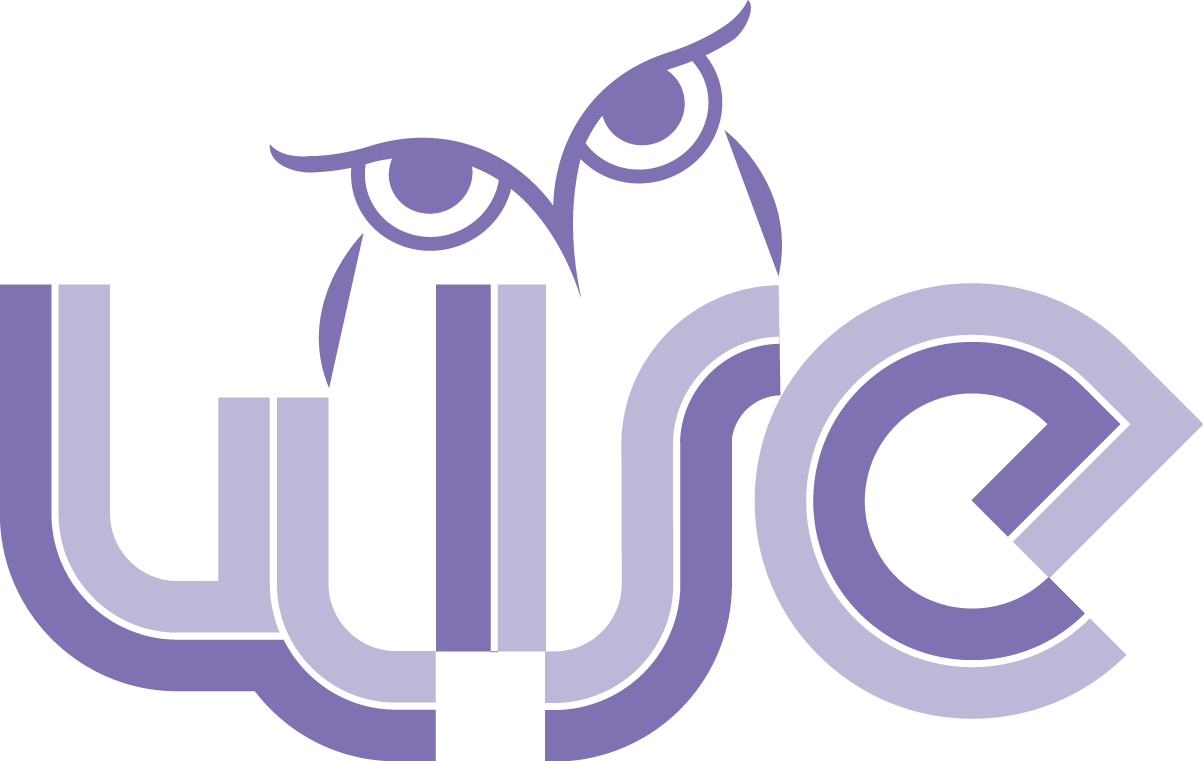In the End
How often do we think we know what is best for us and sometimes even for others? I dare to say most of the time. We seldom or never pause to consider if what we think or know is true, to begin with. It may be due to us being creatures of habit that we tend to blindly follow or believe what we know is the same as others and that what worked once will work the same all the time. Surely it is so!
What is likely to happen when what we thought is not actually what it truly is, or what we thought would work does not work? It would probably trigger some kind of aversion firstly. A slight annoyance, confusion or even guilt and regret. The stronger the belief is held onto will be the equivalent strength triggered when, not if, the opposite of the expected effect happens. Depression and excessive emotions are caused by very tightly held onto ideas and expectations.
If one has some wisdom not to get hooked by those negative emotions, then only will one consider another option or way to look or go about it quite instinctively. Even if we may not have full confidence that the new thought is the truth or a workable solution yet, we would weigh in favor of the higher possibility of it being as such or in resolving an issue enough to try or make it worth the risk, than to be stuck with an uncertainty or no solution at all.
Optimistic characters and problem solvers tend to trust there must be a solution to every problem. Hence, they are willing to take the time and effort to learn, explore and find out more. But with seeming infinite choices in the world, how does one decide which option to try first or which idea to believe in? We get bombarded with so much information daily, even fake news. So how does one filter and pick, or is it not even a choice—whatever we get is shoved down our throats?
There is a very interesting dynamism of mind workings that takes place which seemingly chooses and decides. In reality sense, it is called the law of conditionality or causes and conditions. The revelation of what is happening will truly blow you away as it is fascinating to understand it is not a person, being or self that is doing nor controlling any of the thinking, speech or action. It is a whole bunch of mental processes instead.
Just like artificial intelligence or AI, whatever data and information that is input to it will be what and how it works with to churn out the response when prompted. It is an evolving process as responses churned will also be taken in, as well as when new data and information from other sources continually is input. So the downside could be as the saying goes, "rubbish in, rubbish out." Similarly with the mind, if it is learning in unuseful ways, much of our thoughts, speech and actions have a negative impact.
I recently finally gave in and tried a coffee detox regime recommended for cleaning and healing the liver and bowels. I first heard of it 5 years ago but there was hesitation due to adverse health concerns and so sought other alternatives while this coffee detox option was put aside. Until being prompted again to try it and after going through the process, it was a positive outcome with the body feeling lighter and the mind being brighter.
So I then asked what makes the mind decide to finally try it? What of the mind chooses and decides how to think, say or do and how do these causes or workings lead to the effects or consequences? It was very intriguing to discover. Because I thought, finally at the death bed, when the mind has no solution for death, what will be the consequences?
I can only guess that either it breaks down into madness, anger or depression, or it desperately jumps in with whatever option presented to it. Either way, it will be a rather restless, worrying, stressful, and frantic last attempt to find a remedy for the inevitable. The thought and imagination of a peaceful and pain-free death will be a million miles away at that time. How then can the mind be prepared in the right way for when the time comes, which may be anytime?
This is where ultimately our purpose of meditation or learning about the mind should lead towards. Otherwise, what would all the hours of sitting on the cushion or inquiring into what is the mind knowing now be for? The final test will be the mental state or quality that we find ourselves in at the last straw. Everything we learn will only be useful if we have in mind the finale, when the show is finished and the curtain closes, in the end.
In humbleness,
Khan Hui Yee
16 July 2024

